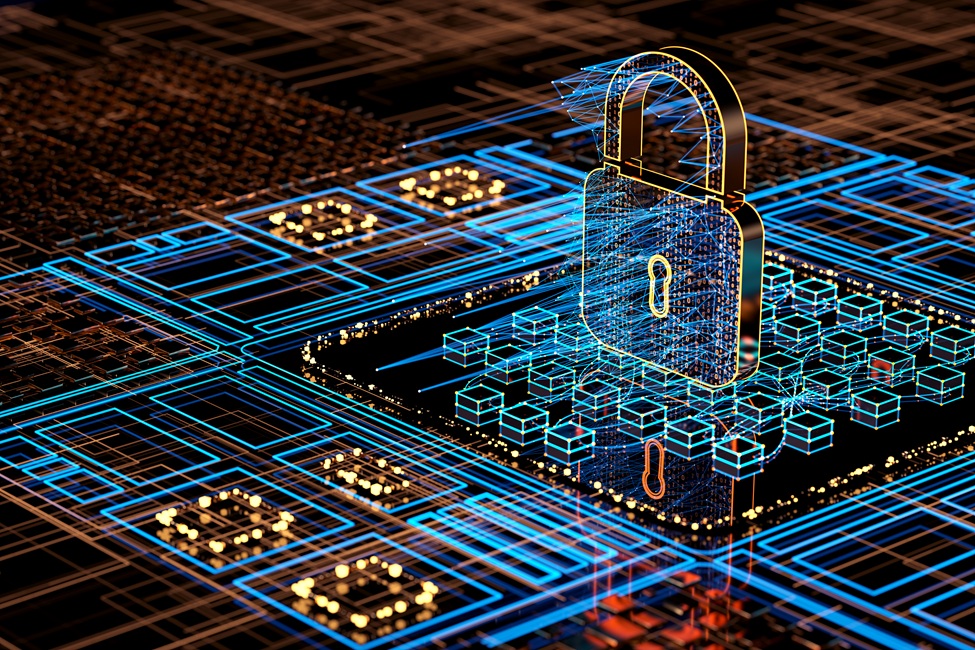FAU Named a National Center of Academic Excellence in Cyber Research

Florida Atlantic University has been recognized as a National Center of Academic Excellence in Cyber Research (CAE-R) by the National Security Agency (NSA) and its partners in the National Centers of Academic Excellence in Cybersecurity (NCAE-C). This prestigious designation, awarded through the academic year 2030, affirms the university’s leadership and innovation in the field of cybersecurity research at the doctoral level.
This recognition places FAU among an elite group of institutions nationwide that have demonstrated a sustained commitment to cutting-edge research in cyber defense and security. The CAE-R designation is awarded to universities whose programs meet rigorous academic and research standards set by the NSA and are aligned with the nation’s strategic priorities in cybersecurity.
“This designation is a powerful affirmation of the strength and impact of our research and academic programs in cybersecurity,” said Valery E. Forbes, Ph.D., the dean of the FAU Charles E. Schmidt College of Science. “It highlights our faculty’s dedication to pushing the boundaries of cyber science, and our students’ ability to conduct high-impact research that directly addresses some of the most pressing national security challenges of our time. We are not only advancing the field of cybersecurity but also equipping the next generation of thought leaders and innovators who will serve as the architects of tomorrow’s defended digital infrastructure.”
As a designated CAE-R institution, FAU is positioned to expand its role in shaping the future of cyber research through deeper collaboration with federal agencies, increased access to research funding, and continued innovation in key areas such as cyber threat intelligence, critical infrastructure protection, and emerging digital technologies. The designation not only reflects the strength of the university’s faculty and doctoral programs but enhances opportunities for students to engage in federally relevant research and pursue careers in national defense and cybersecurity.
“I am both proud and deeply humbled by this designation,” said Edoardo Persichetti, Ph.D., an associate professor in the Department of Mathematics and Statistics and director of the Center for Cryptology and Information Security within the FAU Charles E. Schmidt College of Science. “This recognition reflects years of collaborative effort across our faculty, researchers and students who are passionately committed to advancing cybersecurity knowledge and practice. It affirms the national impact of our research and the trust placed in us to contribute meaningfully to the country’s cyber defense capabilities. Being recognized through 2030 is not just an honor – it’s a responsibility we take very seriously, and it motivates us to continue pushing the boundaries of innovation in this critical field.”
The NCAE-C program is managed by the National Cryptologic School at the NSA and operates in close partnership with several key federal agencies, including the Cybersecurity and Infrastructure Security Agency (CISA) and the Federal Bureau of Investigation (FBI). The program office also collaborates with the National Institute of Standards and Technology (NIST) through the National Initiative on Cybersecurity Education (NICE), the National Science Foundation (NSF), the Department of Defense Office of the Chief Information Officer (DoD-CIO), and U.S. Cyber Command (CYBERCOM).
The mission of the NCAE-C program is to build and sustain a collaborative cybersecurity educational framework across community colleges and universities nationwide. This initiative seeks to establish rigorous standards for cybersecurity curricula and academic excellence, foster the development of competencies among both students and faculty, promote community outreach and leadership in professional development, and integrate cybersecurity practices throughout institutional disciplines. Additionally, the program encourages active engagement in addressing the complex challenges facing cybersecurity education today.
-FAU-






